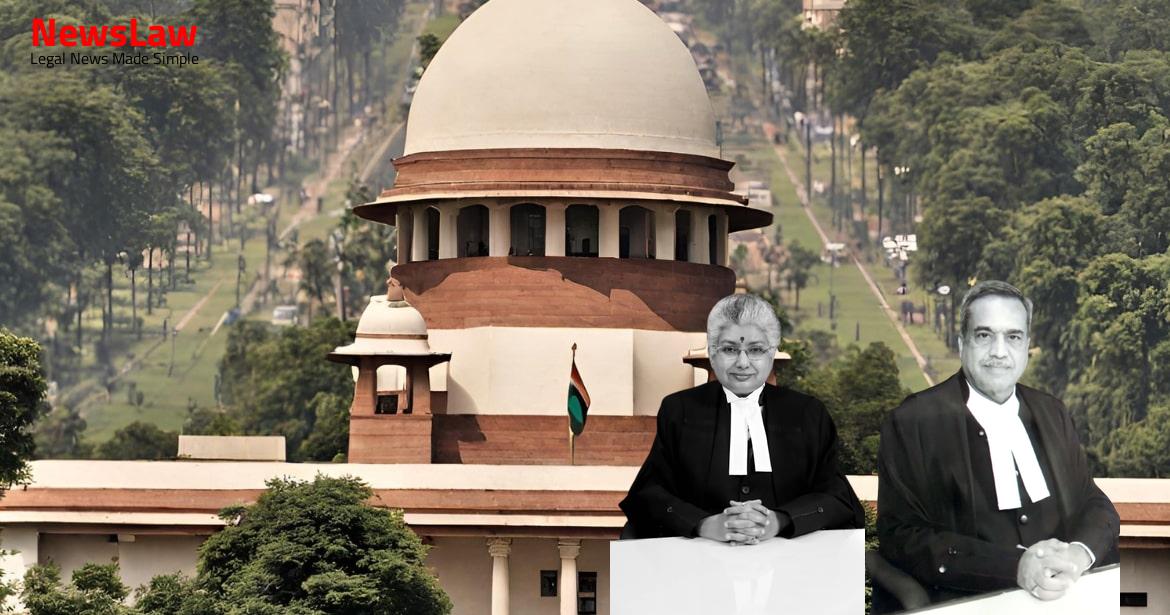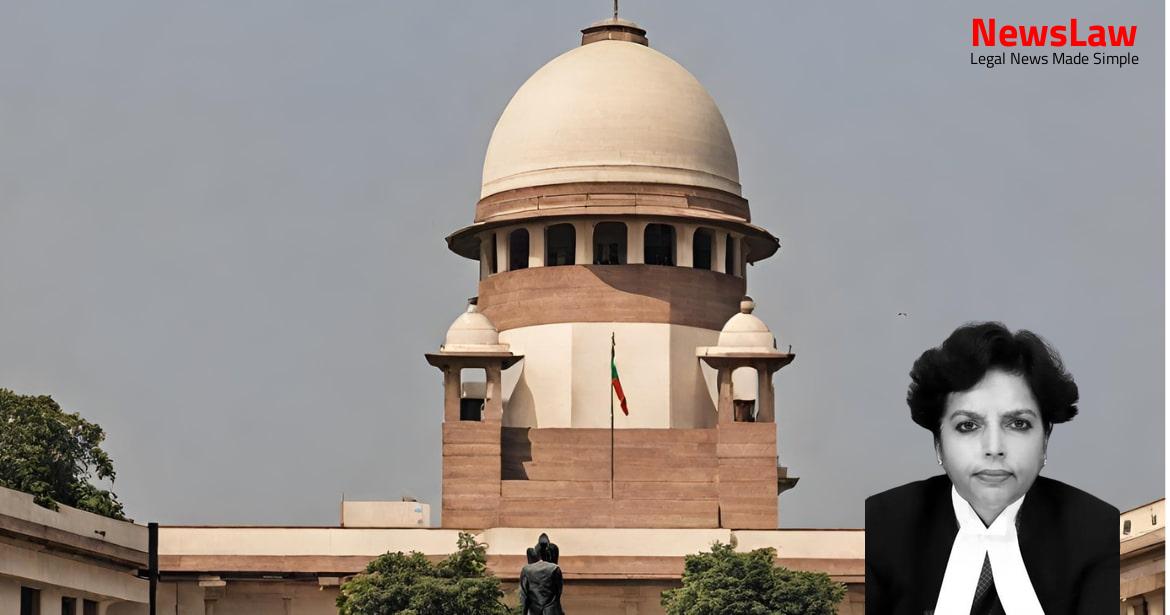In a significant ruling, the Supreme Court of India has upheld the provisions of the Black Money Act, ensuring accountability and compliance in financial dealings. The case delves into the enforcement of the Act and its implications on entities involved in foreign contributions. Stay informed about the latest legal proceedings in the realm of financial regulations. #SupremeCourt #Judgment #BlackMoneyAct
Facts
- FAC (Foreign Contribution Regulation Act) provisions were violated by the appellant
- Appellant received foreign contributions without authorization
- Appellant did not have the necessary registration under the FCRA
- Penalty was imposed on the appellant for the violations
Also Read: Review Petition filed by Landowners against State of Haryana
Analysis
- The penal provisions under Sections 50 and 51 of the Black Money Act are applicable when an assessee fails to disclose assets covered by the Act or pay the tax and penalty.
- The notification/order dated 01.07.2015 made the Black Money Act applicable from that date to benefit the assessee.
- The High Court was incorrect in holding that penal provisions were made retrospectively applicable through the impugned notification/order.
- The change of date in the Act was to enable assessees to take benefit of Section 59 and declare assets before 30.09.2015 and pay taxes by 31.12.2015.
- The value of undisclosed assets located outside India is to be charged based on their valuation in the previous year.
- The charging of tax is to be done for the assessment year commencing on or after 01.04.2016.
- The Central Government had published a notification on 01.07.2015 setting deadlines for declaration and payment concerning undisclosed assets.
- Section 59 of the Black Money Act allows assessees to declare assets acquired from income chargeable under the Income-tax Act.
- The legislative intent is to charge tax on undisclosed assets based on their value in the previous year when noticed by the Assessing Officer.
- The interim order restrains actions under the Black Money Act, prompting the appeal against it.
- The Black Money Act has been enacted to unearth black money stashed in foreign countries and to prevent unaccounted money from going abroad.
- The Act includes provisions for punishing individuals attempting to evade taxes or penalties under the Act.
- The Act imposes rigorous imprisonment and fines for those found guilty of wilfully attempting to evade tax payments.
- The Act came into force on April 1, 2016.
- The Act also aims to punish those engaging in illegitimate means of generating money, causing a loss to revenue.
- Preventing illegitimate income and assets kept outside the country from being used in ways detrimental to India’s social, economic, and strategic interests is another purpose of the Act.
- The Act charges tax on undisclosed foreign income and assets at a rate of thirty percent.
- Non-declaration of assets under the Act will result in the assets being deemed to have been acquired in the year a notice is issued by the Assessing Officer.
- The observations made are solely for examining the correctness of the interim order
- The High Court will decide the writ petition without being influenced by these observations
- The interim order passed by the High Court is not sustainable in law
- The interim order is quashed and set aside
Also Read: State vs. Selvamani: Upholding Fair Trial Conduct
Decision
- The High Court is requested to decide the writ petition on its own merits.
- The appeal stands allowed as indicated above.
Also Read: Land Dispute Legal Battle: Vijay Laxman Bhawe vs. P & S Nirman Pvt. Ltd.
Case Title: UNION OF INDIA Vs. GAUTAM KHAITAN
Case Number: Crl.A. No.-001563-001563 / 2019



